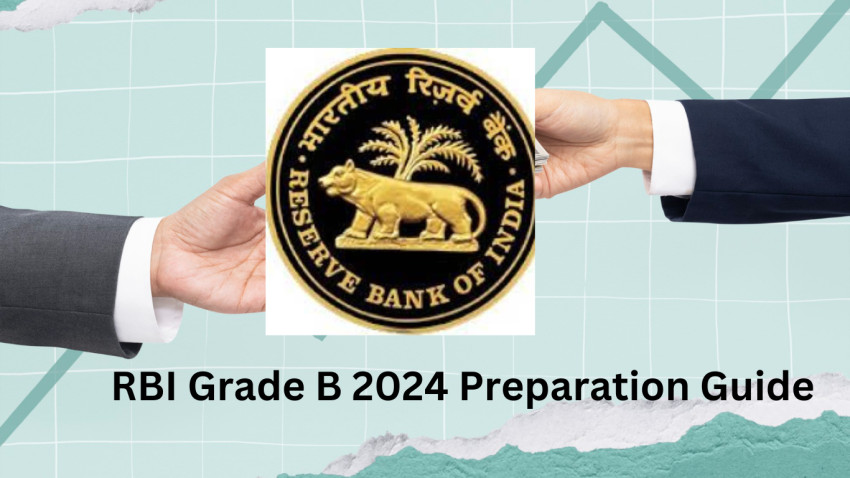
The Reserve Bank of India (RBI) Grade B examination is one of the most sought-after competitive exams for individuals aspiring to join the prestigious RBI as an officer. The examination is conducted in three phases - Phase I, Phase II, and Interview. Understanding the syllabus and exam pattern is crucial for candidates to prepare effectively and increase their chances of success.
Phase I - Preliminary Examination:
The Phase I exam is an objective-type paper and serves as a screening test for candidates. The RBI Grade B syllabus for Phase I includes:
General Awareness: This section covers current affairs, banking awareness, and general knowledge. Candidates should stay updated on national and international events, economic developments, and banking-related news.
English Language: Focus areas include grammar, vocabulary, comprehension, and writing skills. Candidates need to be proficient in English to tackle questions on error detection, sentence completion, and passage comprehension.
Quantitative Aptitude: This section assesses candidates' mathematical and analytical skills. Topics include arithmetic, algebra, geometry, and data interpretation. Speed and accuracy are crucial in this section.
Reasoning: This section evaluates logical and analytical reasoning abilities. Topics include puzzles, seating arrangement, coding-decoding, and syllogism. Practice is essential to excel in this segment.
Phase II - Main Examination:
The Phase II examination is a combination of objective and descriptive papers. The syllabus for Phase II varies based on the specific post (General, DEPR, or DSIM).
Common Papers for All Posts:
Economic and Social Issues: This section assesses candidates' understanding of economic and social issues in India and the world.
Finance and Management/Economics/Statistics: The paper for this section depends on the post applied for. Candidates should be well-versed in the chosen subject.
Post-specific Papers:
Paper I (General): English (Writing Skills)
Paper II (General): Economic and Social Issues
Paper III (General): Finance and Management
Paper III (DEPR): Economics
Paper III (DSIM): Statistics
Phase III - Interview:
Candidates who qualify for the Phase II examination are called for an interview. The interview aims to assess candidates' communication skills, knowledge, and suitability for the position.
Tips for Preparation:
Understand the Syllabus: Thoroughly review the official syllabus to ensure comprehensive preparation.
Time Management: Allocate time wisely during the exam. Prioritize questions based on difficulty and marks.
Regular Practice: Practice mock tests and previous years' question papers to enhance speed and accuracy.
Stay Informed: Keep abreast of current affairs, economic updates, and banking news for the General Awareness section.
Subject-specific Preparation: For Phase II, focus on strengthening subject-specific knowledge according to the chosen post.
Conclusion:
The RBI Grade B exam is a challenging yet rewarding journey for those aspiring to become central bankers. A well-structured preparation strategy, understanding the syllabus, and consistent practice are key to success in this competitive examination. Aspirants should approach each phase strategically, combining subject knowledge with time management skills to maximize their performance and increase their chances of securing a coveted position with the Reserve Bank of India.



